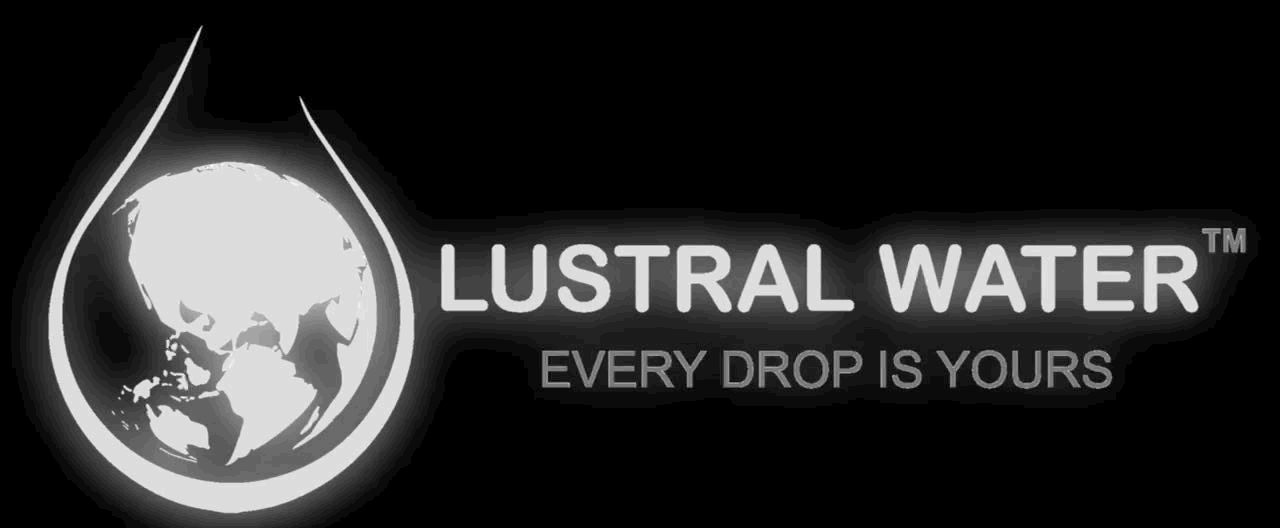We are careful about what we eat as we read labels on our food, and mindful about what we apply on skin as we learn about ingredients yet do we ever stop to think twice about the water we drink everyday? Strange it may seem, we most often don’t. Clean water is non-negotiable to the proper functioning of our body but the threats hiding in our everyday water are real ranging from heavy metals to microplastics. To be safe from all this, a reliable water filtration system that can protect your health, and safeguard your family for years to come, is a safe bet.

What Is Water Filtration — And Why Should You Care?
At its core, water filtration is a process that removes impurities and harmful substances from water, making it safe to drink, cook with, and use every day. Today’s water purification systems go beyond just basic filtration — advanced technologies like reverse osmosis, ultrafiltration, and activated carbon work together to tackle modern contaminants effectively and efficiently.
Types of Water Filtration Systems You Should Know
Each water filtration system is designed to target different concerns:
-
Reverse Osmosis (RO): Excellent for removing dissolved salts, heavy metals, and harmful chemicals.
-
Ultrafiltration (UF): A physical barrier against bacteria, viruses, and large particles.
- Activated Carbon Filtration (ACF): Improves taste and smell by absorbing chlorine and organic compounds.
Health Benefits of Using Filtered Water
1. Removes Harmful Contaminants
Unfiltered water can contain a host of dangers — from heavy metals like lead and arsenic to bacteria, viruses, and pesticide residues. A reliable water filtration system helps eliminate these risks, reducing the chance of waterborne diseases and toxic buildup over time.
2. Better Taste, Smell, and Hydration
Filtered water tastes cleaner and smells fresher — a direct result of removing chlorine and organic matter. This makes you more likely to drink water regularly, supporting better hydration and overall health.
3. Gentle on Skin and Hair
Filtered water is softer on your body. By reducing harsh minerals and chemicals, it helps minimize dryness, irritation, and breakouts. Many users report smoother skin and shinier hair after switching to purified water.
Environmental and Cost Benefits
1. Goodbye Plastic Bottles
Using a home water purifier significantly reduces your dependency on bottled water, which in turn cuts down plastic waste. This is a small change with a big environmental impact.
2. Long-Term Savings
While installing a filtration system comes with an upfront cost, it pays off in the long run. Say goodbye to weekly bottled water purchases and hello to monthly savings. Plus, fewer doctor visits due to waterborne illnesses can save money and stress.
Signs Your Water Needs Filtration
|
Sign |
What It Means |
Possible Contaminants |
|
Strange taste or odor |
Unpleasant flavors or smells like chlorine, metal, or sulfur |
Chlorine, iron, sulfur, microbes |
|
Cloudy or discolored appearance |
Murky, yellow, or brownish tint in water |
Sediment, rust, organic matter |
|
Skin irritation or hair damage |
Dry, itchy skin and hair fall after bathing or washing |
Chlorine, hard water minerals |
|
Scale buildup on appliances |
White spots or crust on taps, kettles, or washing machines |
Calcium, magnesium (hard water) |
|
Frequent stomach issues |
Recurrent digestive problems in the household |
Bacteria, viruses, nitrates |
|
Local water quality warnings |
Reports of contamination or poor infrastructure in your area |
Lead, microbes, outdated pipes |
|
Old plumbing in your home |
If your building has pipes from pre-1980s, lead contamination is a risk |
Lead, rust, chemical leaching |
|
Low water pressure |
Sediment or iron buildup may be clogging pipes |
Iron, manganese, particulate matter |
Why Whole House Filtration Is Worth It
Whole house filtration systems don’t just clean your drinking water — they purify every drop that flows into your home.
-
Consistent Water Quality: From your kitchen tap to your shower, enjoy purified water everywhere.
-
Appliance Protection: Clean water reduces scaling and corrosion in washing machines, dishwashers, and geysers — extending their lifespan and performance.
- Better for Pipes: Fewer sediments and harsh minerals means less wear and tear on your plumbing.

Comparing Tap Water and Filtered Water
Safety and Quality Differences
The tap water vs filtered water debate often centers on safety and quality differences. While tap water meets EPA standards, filtered water offers improved quality of water by removing additional contaminants. Understanding the tap water and filtered water difference is key to making informed choices about water consumption.
Health Implications
The health benefits of drinking filtered water are significant. Consuming filtered water reduces exposure to pollutants, supporting long-term health. Understanding why filtered water is important helps individuals make choices that prioritize their well-being.
In summary, the benefits of water filtration systems are extensive, ranging from health improvements to environmental sustainability. By understanding why water filters are important, individuals and households can make informed decisions that enhance their quality of life. Embracing water filtration is a step towards a healthier, more sustainable future.
FAQs
1. What are the biggest benefits of using a water filtration system?
Filtered water improves your health, enhances taste, protects your appliances, and reduces plastic waste. It also helps you save money over time.
2. How does a water filter improve the taste and smell of water?
Filtration removes chlorine, sulfur compounds, and other organic matter that cause unpleasant taste or odor — leaving your water crisp and clean.
3. Is filtered water really better than tap water?
Yes. Even if your tap water meets legal standards, filtration adds another layer of protection, especially from heavy metals, microbes, and chemical residues.
4. Which filtration system is right for me?
It depends on your water source:
-
For borewell or hard water: Choose an RO + UV combo.
-
For municipal water: A UV + Carbon filter should be enough.
-
Not sure? A multi-stage system with RO + UV + UF covers all bases.
Experience Pure, Refreshing Hydration with Lustral Water – Drink Healthy, Live Healthy!





